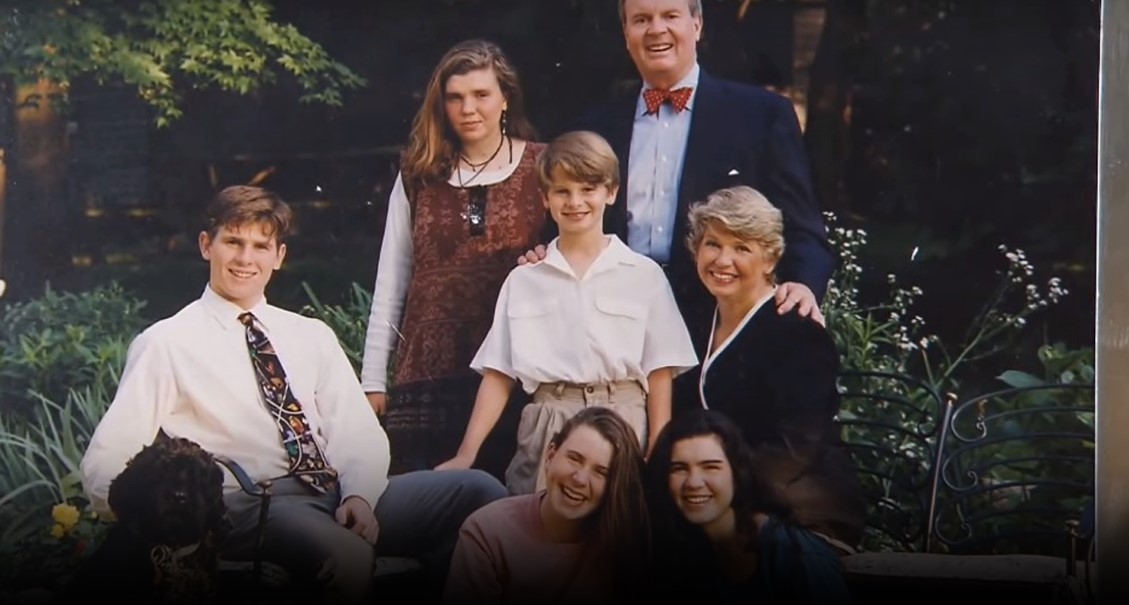Who was Charles Osgood
Charles Osgood was a famous newscaster known for his unique way of storytelling.
He passed away at the age of 91 in Saddle River, N.J., and the cause of death was dementia.
His Career
Osgood hosted “CBS Sunday Morning” from 1994 to 2016, where he became a well-known TV personality.
Despite being a TV icon, his true love was radio, inspired by his childhood in the 1930s and ’40s.
He often closed his TV shows by saying, “See you on the radio.”
Style and Recognition
Osgood was known for wearing bow ties on TV and having a distinctive, friendly voice on the radio.
His style was conversational and light, a departure from traditional newscasters.
He gained recognition for his “Osgood File” segments on CBS Radio, using humor and rhyme in his news delivery.
Early Life
Born as Charles Osgood Wood III in Manhattan in 1933.
Spent significant time at Fordham University’s radio station, fostering his early interest in broadcasting.
Radio Announcer and Military Service
Worked as a radio announcer at WGMS in Washington, D.C.
Served as the U.S. Army Band’s announcer from 1955 to 1958.
CBS News Career
Joined CBS News in 1967, starting at WCBS-AM in New York.
Faced challenges, like a plane crash disrupting the launch of an all-news format at WCBS-AM.
Television Career
Anchored “CBS Sunday Night News” in 1981 and hosted “CBS Sunday Morning” from 1994.
His TV career earned him multiple Emmys, including a lifetime achievement Emmy in 2017.
Personal Life
Osgood’s first marriage ended in divorce in 1972; he later married Jean Crafton.
He is survived by five children, three grandchildren, a sister, and a brother.
Beyond Journalism
Osgood was not just a journalist; he was also a skilled pianist who performed with prestigious orchestras.
He wrote a musical setting for the Pledge of Allegiance and had a writing credit on a patriotic song that reached No. 29 on the Billboard Top 100 in 1966.
Legacy
Charles Osgood’s legacy goes beyond journalism; his distinctive style and contributions to radio and television left a lasting impact on the industry.
